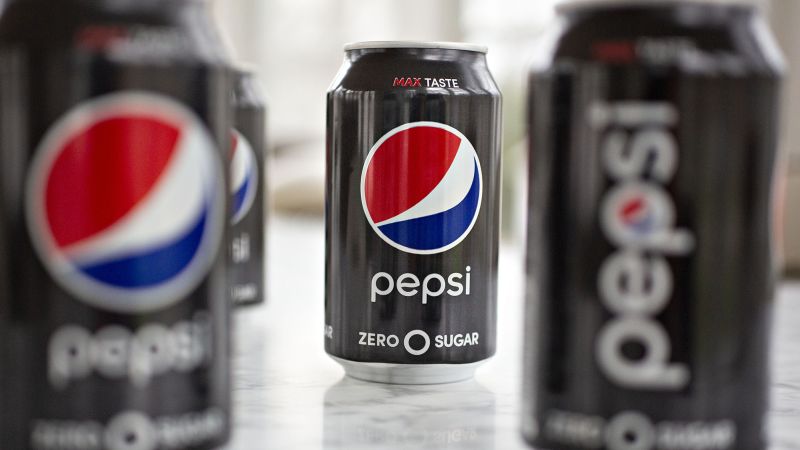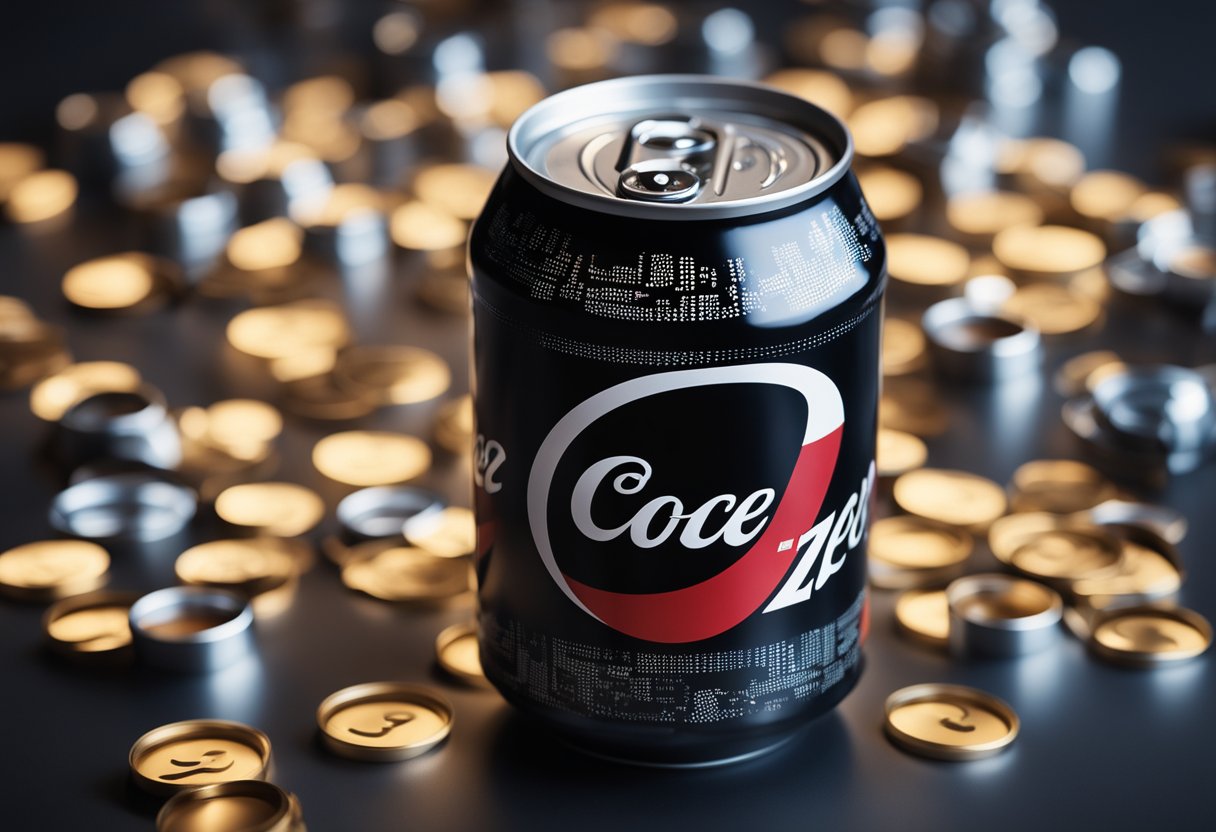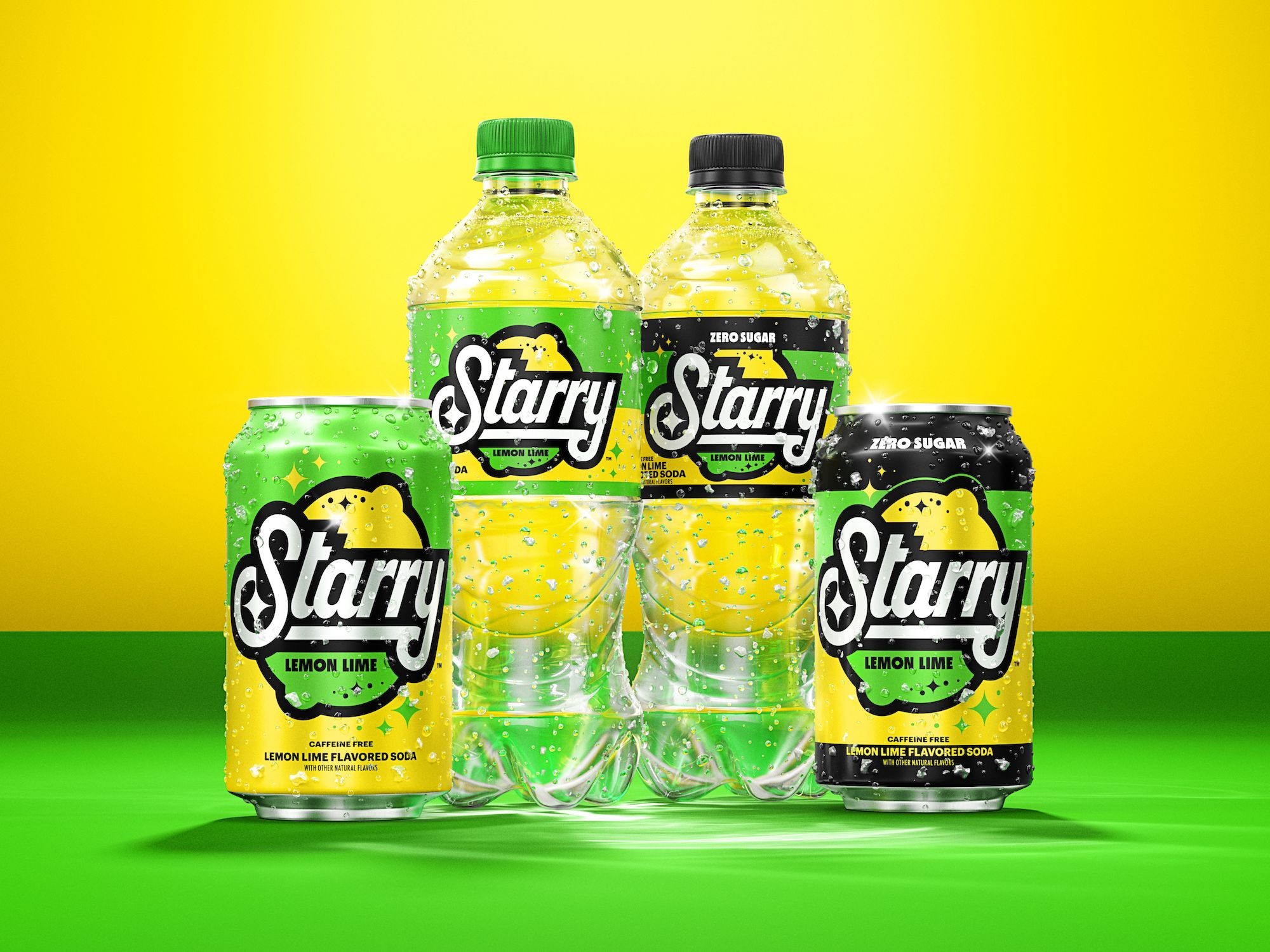Yes, Pepsi Zero Sugar does contain caffeine. Each 12 oz can boasts 69 mg of caffeine.
Pepsi Zero Sugar, the diet version of the classic Pepsi cola, offers a bold taste without the sugar, aiming to satisfy those who are mindful about sugar intake but still seek the stimulating effect of caffeine. This caffeinated beverage serves as an alternative for consumers who prefer zero-calorie soft drinks but desire the familiar zesty flavor and energy boost that caffeine provides.
With the growing awareness of health and dietary preferences, Pepsi Zero Sugar caters to an audience looking for indulgence without compromise, positioning itself as a go-to refreshment for moments needing an uplift or a perfect partner to meals and social gatherings. Its presence in the market reflects the ever-evolving consumer trends towards healthier lifestyle choices without forgoing the pleasures of a classic cola.
The Buzz About Pepsi Zero
Pepsi Zero is a popular drink among those seeking full flavor with zero sugar. Understanding its market position helps shed light on consumer expectations. People often associate ‘Zero’ beverages with no calories and healthier choices. Yet, these drinks, including Pepsi Zero, might still contain caffeine levels similar to regular sodas.
- Pepsi Zero Sugar: Marketed as calorie-free.
- Caffeine Content: Comparable to regular Pepsi.
- Targets health-conscious consumers.
- Expectation: Zero calories doesn’t mean caffeine-free.

Diving Into Pepsi Zero Ingredients
Pepsi Zero Sugar, often known simply as Pepsi Zero, contains caffeine. This no-calorie cola uses artificial sweeteners to achieve its sweet flavor. These sweeteners include aspartame and acesulfame potassium. Typically, a 12 oz can of Pepsi Zero has approximately 69 milligrams of caffeine.
The ‘Zero’ in Pepsi Zero refers to zero calories. This is different from zero caffeine. Many people choose this drink believing it is a healthier option. But it is important to know, it still has caffeine like regular Pepsi.
Caffeine Content Revealed
Pepsi Zero does indeed contain caffeine. A single 12-ounce can holds 69 milligrams of caffeine. Comparatively, regular Pepsi has 38 milligrams per can. This makes Pepsi Zero a higher-caffeine alternative.
| Beverage | Caffeine Content (12 oz) |
|---|---|
| Pepsi Zero | 69 mg |
| Regular Pepsi | 38 mg |
| Diet Coke | 46 mg |
| Coffee | Varies (95-200 mg) |

Health Implications Of Caffeine
Caffeine has both good and bad effects on our health. It can boost your energy and focus. Too much caffeine might cause sleep problems and anxiety.
People who work out may find caffeine helps them. Caffeine can improve performance in sports. On the diet side, it may help with weight loss. But, too much might lead to poor eating habits.
| Pros of Caffeine | Cons of Caffeine |
|---|---|
| Increases energy levels | May disrupt sleep |
| Improves focus | Can cause anxiety |
| May aid weight loss | Could lead to poor diet |
| Enhances sports performance | Potential for addiction |
Alternatives To Pepsi Zero
Caffeine-Free Soda Options:
- Sprite — A lemon-lime soda with no caffeine.
- 7-Up — Another lemon-lime flavor, also caffeine-free.
- Fanta — Comes in various fruit flavors, no caffeine.
- Sierra Mist — Similar to Sprite and 7-Up, lacks caffeine.
- Fresca — Citrus-flavored, calorie-free, and no caffeine.
- Caffeine-Free Coca-Cola — The classic taste without caffeine.
Healthier Beverage Choices:
| Drink Type | Benefits |
|---|---|
| Water | Keeps you hydrated, zero calories. |
| Herbal Tea | Caffeine-free, can be full of antioxidants. |
| 100% Fruit Juice | No added sugars, provides vitamins. |
| Seltzer Water | Zero calories, gives a fizzy taste without sugar. |

Consumer Choices And Awareness
Reading labels on drinks like Pepsi Zero is crucial. Labels tell you what’s in your drink. For those avoiding caffeine, checking for this ingredient is key. Pepsi Zero does contain caffeine. Many people choose it for its zero sugar approach. Yet, this drink is not caffeine-free.
Brands often highlight certain features to attract buyers. They may promote ‘zero sugar’ or ‘low calories’. This can make the product seem healthy. But they might not make the caffeine content clear. So, consumers must check the label themselves. This way, they know exactly what they are drinking.
Frequently Asked Questions Of Does Pepsi Zero Have Caffeine
How Much Caffeine Is In Pepsi Zero?
Pepsi Zero contains 69 milligrams of caffeine in a 12-ounce serving. This caffeine content is higher than regular Pepsi’s 38 milligrams per 12 ounces.
Which Pepsi Has No Caffeine?
Pepsi Free and Caffeine-Free Pepsi are the variations without caffeine. These beverages offer the classic Pepsi taste without the stimulant.
What Is The Difference Between Diet Pepsi And Zero Pepsi?
Diet Pepsi and Pepsi Zero Sugar differ in taste and sweetener composition. Diet Pepsi has a lighter taste, using aspartame, while Pepsi Zero Sugar offers a bolder flavor with aspartame and acesulfame potassium.
What Has More Caffeine Coke Zero Or Pepsi?
Pepsi contains more caffeine than Coke Zero. A 12 oz can of Pepsi has about 38 mg of caffeine, while Coke Zero has about 34 mg.
Conclusion
Wrapping up, it’s clear that Pepsi Zero does contain caffeine. So, for those monitoring caffeine intake or preferring a late-night soda without the buzz, keep this in mind. Enjoy the bold taste, but always check the label for specifics on caffeine content.
Stay informed and sip smart!

